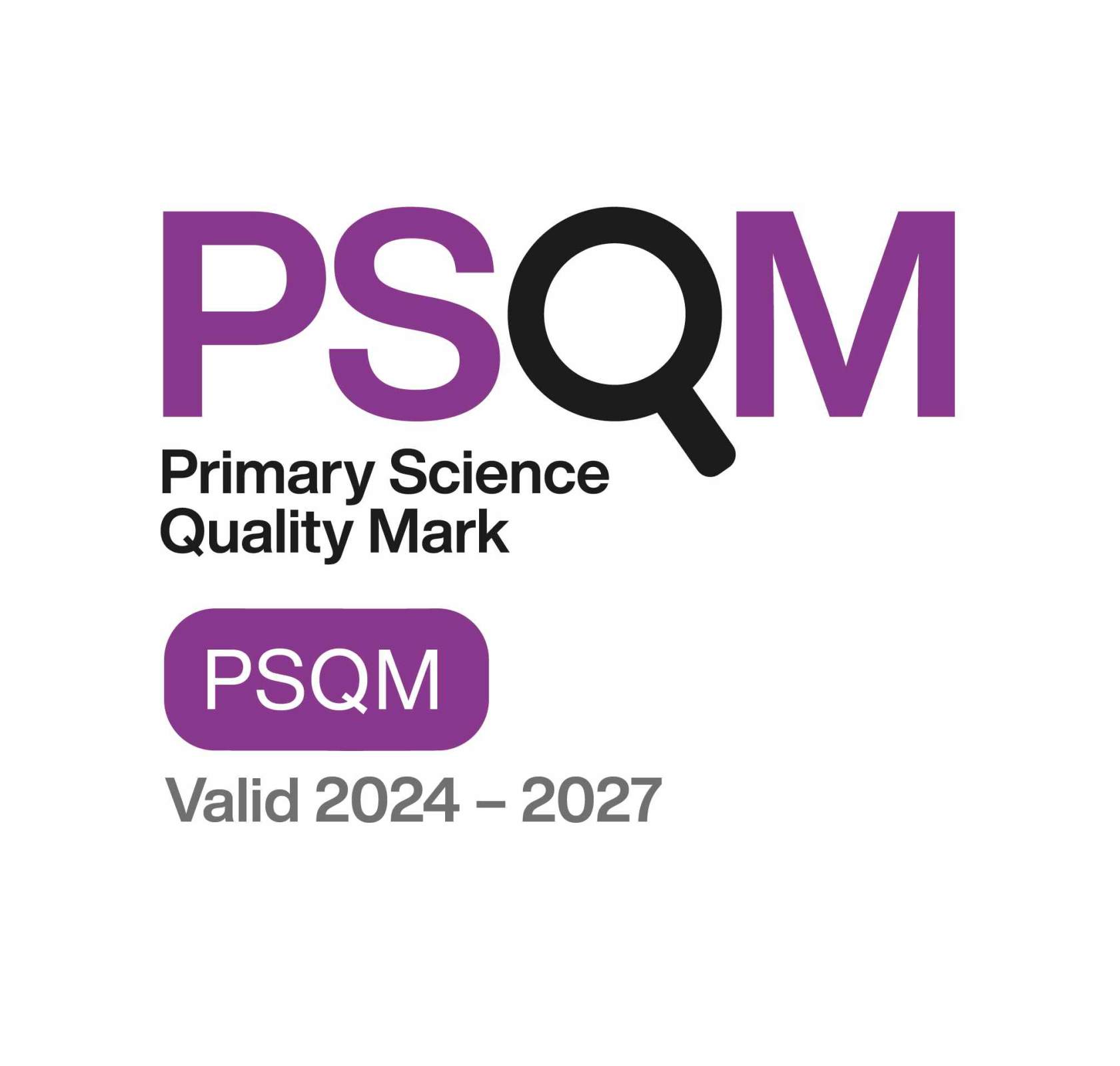The Graduated Approach
All children benefit from high quality teaching by their class teacher and work is carefully planned by them to support every child to be actively involved and learning. It is our aim that all children learn within their class for the majority of the day, including when on educational visits and with due regard of their needs.
We have a five-stage, graduated approach to supporting children’s learning needs. The graduated approach at every stage involves the following four-part cycle:
Assess - Plan – Do – Review
Stage One of the Graduated Approach: Universal Support
It is our firm belief that the needs of children are best met in the classroom and that every teacher is responsible and accountable for the progress and development of all children they teach, including those with special educational needs and disabilities.
At this universal level, we train our teachers to deliver high quality teaching, differentiated for individual children, through specific approaches and resourcing. We review the progress of all children and make rapid adjustments to support strategies and, where necessary, teachers’ understanding of the needs of the individuals they teach.
In addition, we talk to children and their parents to gain as full an understanding of their learning needs as possible. The information we gather in this way is shared with teachers in an Individual Learning Plan or Pupil Passport (for those on stages 4 and 5 of the graduated Response). These documents outline the child’s strengths and difficulties, with suggested strategies for teachers to best support their learning.
- High quality first teaching.
- A broad and balanced curriculum within an inclusive classroom.
- Personalised learning targets.
- Carefully planned differentiation of practical, visual, concrete resources.
- Modelling by adults within the classroom.
- Curriculum assessment of progress to support target setting for children.
- Assessment for learning and constructive feedback.
Stage Two of the Graduated Approach – Targeted Support
If a child is not making progress in any one area, then appropriate in class provision will be applied to support their development in addition to the provision at Stage One.
We provide targeted support when we consider it appropriate to make additional short term special educational provision, to remove or reduce any obstacle to a child’s learning or to help them catch up if they are beginning to fall behind their peers.
Such specific, targeted one to one or small group interventions may be run outside the classroom, and limited to a number of weeks to minimise disruption to the regular curriculum. They may take the form of but are not limited to:
- support within class through small groups and individual support (e.g. cut away, workshops);
- differentiation in the access to the learning;
- variation in the tools and resources.
Stage Three of the Graduated Approach – Personalised Provision and Evidence Based Interventions
If there continue to be concerns for a child’s progress, then further support will be provided, which may be one or more of the following:
In addition to Stages 1 - 2:
- Investigation of strengths and needs.
- Early intervention and personalised provision.
- Inclusion of parents and child as part of a Plan – Do – Review cycle of targeted assessment.
- Targeted support within class through small groups and working individually with an adult.
- Additional group or individual programmes.
- Evidence based interventions delivered individually or in small groups between 6-18 weeks (e.g. ELSA support, phonics and reading interventions etc.). Reviewed 6 -12 weekly.
- Differentiation of the curriculum to individual learning needs e.g. alternative methods of recording.
- Further variation in the tools and resources to support access.
Stage Four of the Graduated Approach
If a child continues to make significantly slower progress than other children or works at a stage well below the expected standard for their age, then further provision may be agreed, called School Support. If a child is learning with School Support, then an Individual Learning Plan (ILP) will be provided in which targets for progress, parents’ views and the child’s views are recorded. Parents will receive a copy of the completed Individual Learning Plan on which there will be a review date. Whilst the class teacher carefully matches the curriculum to the child’s needs, we can also provide a wide range of high quality SEND interventions to develop an individualised programme of specifically targeted support, which may comprise of one or more of the following:
In addition to Stages 1 – 4:
- Multi-professional planning and coordinated support may be in place e.g. E.P. Service, Outreach Services, Health colleagues, Primary Heads Inclusion Group (PHIG) and Children and Adolescents Mental Health Service (CAMHS).
- Personalised support, working on an individualised curriculum
- High levels of adult support and modelling to enable access to the curriculum
- Personalised resources e.g. work station if appropriate
- Inclusion of parents/carers, child as part of a Plan-Do-Review cycle of targeted assessment and intervention
- Individual Education Plan reviewed at least termly
- Identified on school provision map, reviewed at least termly
- Access to an adapted environment if appropriate
- Individual modifications to the curriculum
- Identified on SEND Register (stage 4)
We provide additional support when we consider it necessary to seek specialist advice and/or regular long-term support from a recognised professional or outside agency in order to plan for the best possible learning outcomes for those children who fail to make progress in spite of high-quality teaching and targeted intervention. This may include assessment and / or support from:
- Educational Psychology Service (EPS)
- A speech and language therapist (school commissioned)
- Deaf and Hearing Impaired Service
- Visual Impairment Service
- Southampton Advisory Outreach Service (SAOS)
- Primary Headteacher Inclusion Group (PHIG)
- Child and Adolescent Mental Health Service (CAMHS)
Further support provided and paid for by the Health Service (NHS Trust) but delivered in school:
- School nurse
- Physiotherapy
- Occupational therapy
- Speech and language therapy at School Support level
Education, Health and Care (EHC) Assessment
If a child does not respond to the interventions and continues to work at a stage significantly below their cohort, or continues to need a significantly higher level of support to make progress than they would normally be provided in a mainstream school, then an assessment for an Education, Health and Care assessment can be made to the local authority by school or parents. Before any application is made by a school, parents will always be consulted and the views of parents respected. This may result in an assessment, leading to a possible Education, Health and Care Plan (EHCP) and the child will then be supported at Stage 5.


